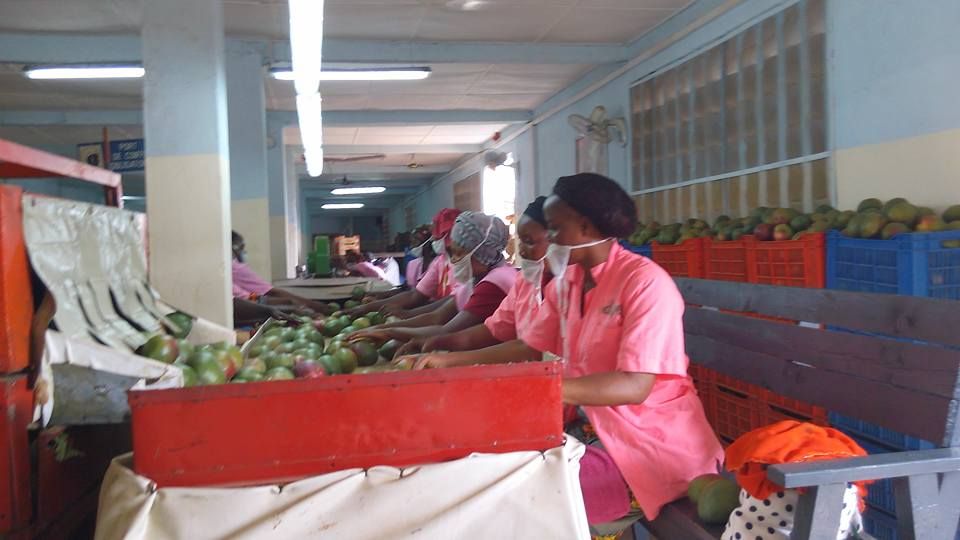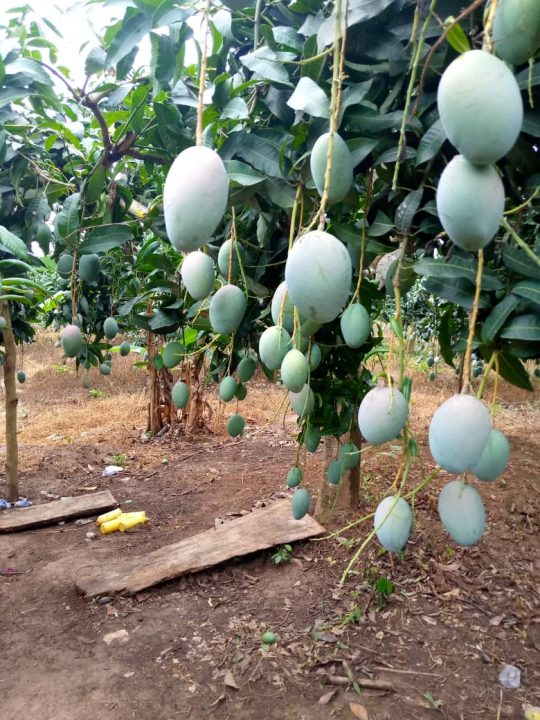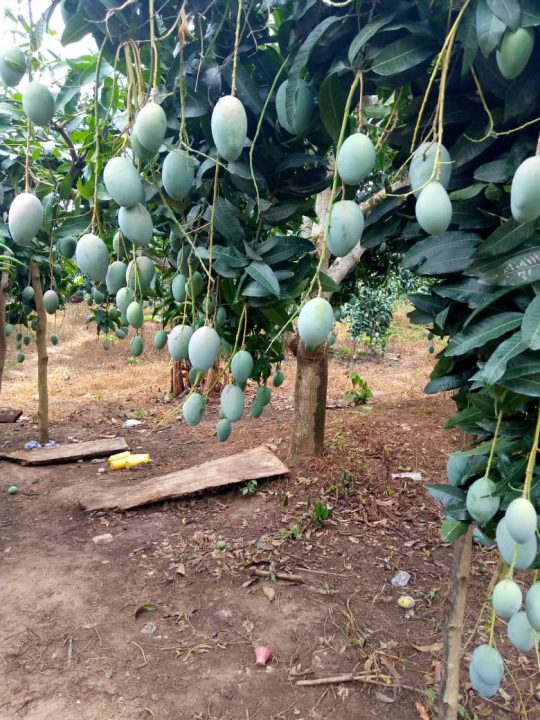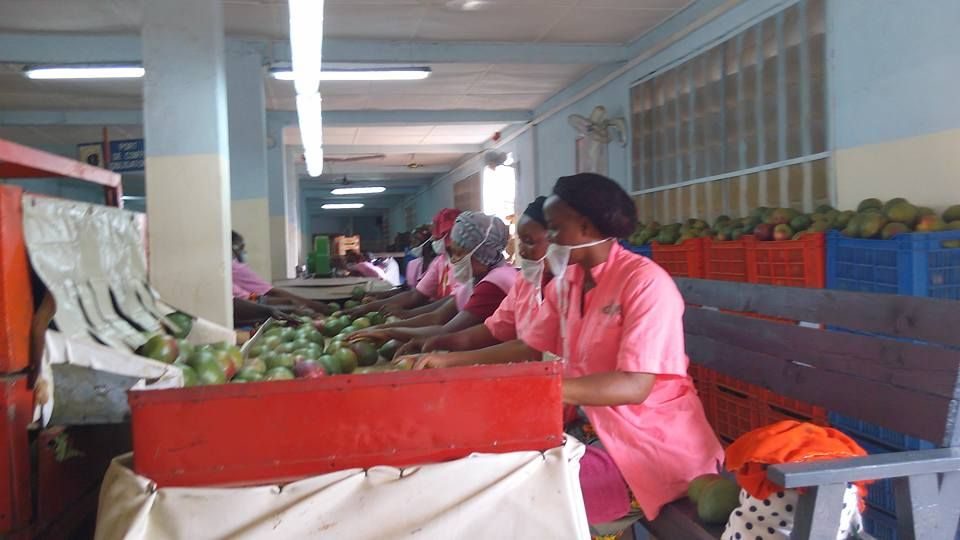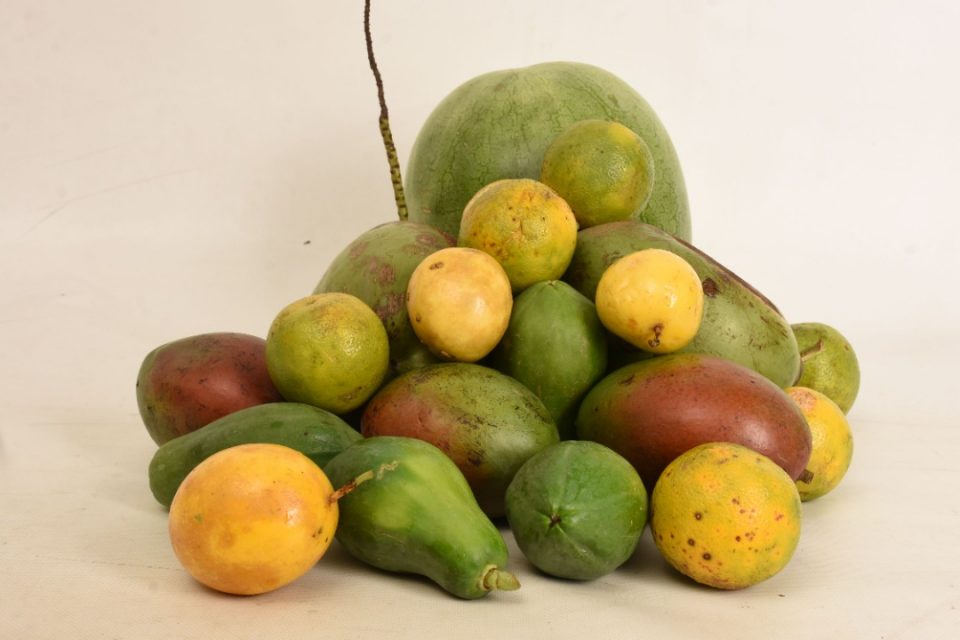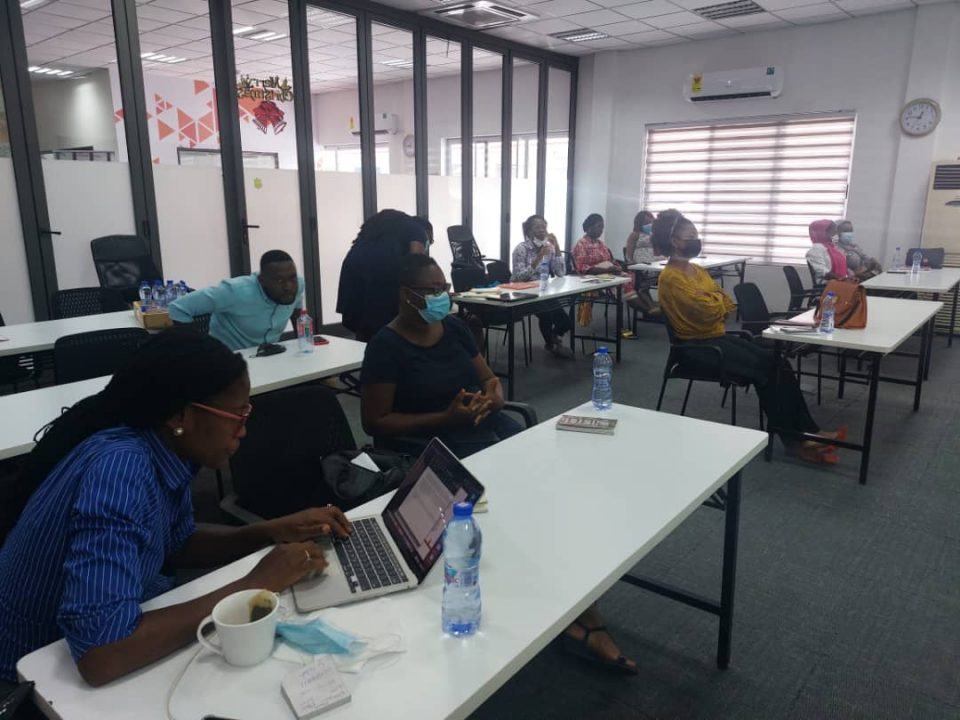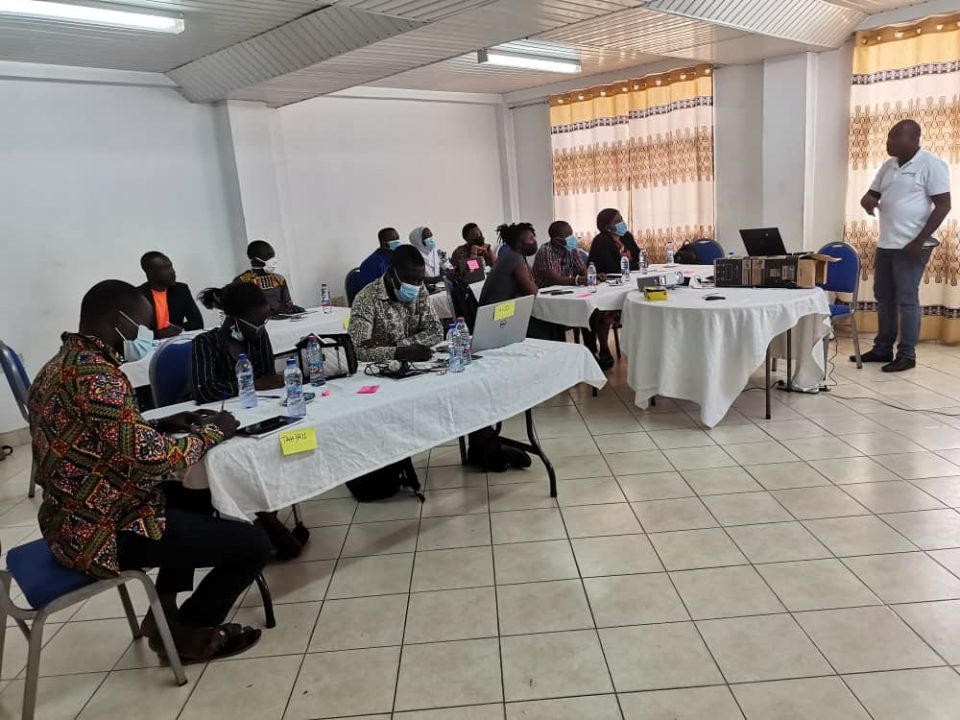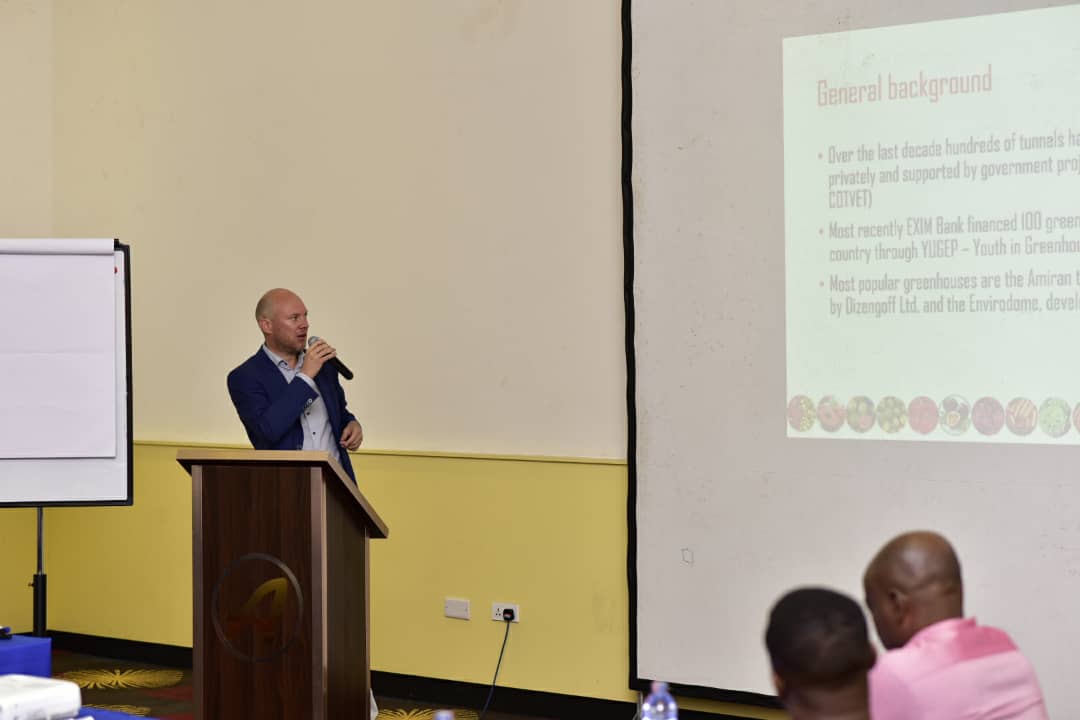
L’impact Du Climat Sur Le Rendement De L’atelier Sur Les Serres Qui A Eu Lieu
June 3, 2019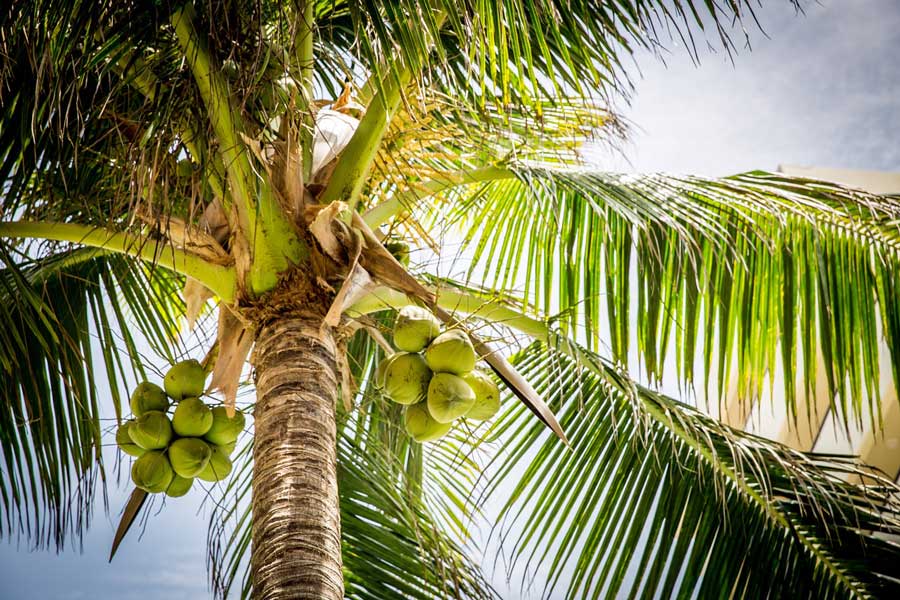
The Biggest and First Ever International Coconut Festival, Ghana Is To Be Launched In June 2019
June 6, 2019Compte tenu de l’augmentation des interceptions dues aux mouches des fruits, les services phytosanitaires de la Commission européenne ont demandé à la Côte d’Ivoire, en décembre 2018, d’établir rapidement un programme de contrôle efficace, malgré le court délai avant le début des exportations de mangues.
Compte tenu de la gravité de la situation qui pourrait conduire à terme à un embargo d’origine, les acteurs du secteur ivoirien de la mangue (services phytosanitaires (DPVCQ) ainsi que les opérateurs) se sont mobilisés en février 2019 pour proposer et mettre en œuvre un plan de contrôle comme suit:
• Les Services phytosanitaires (DPVCQ), appuyés par le PIP, ont développé un programme de lutte contre la prolifération parasitaire, avec une formation sur place, complétée par des distributions aux producteurs de petites quantités de produits de traitement.
• Renforcement du contrôle phytosanitaire dans les stations d’emballage pour limiter les envois de fruits infestés.
• Les professionnels se sont joints à cet effort en améliorant les structures d’organisation de leurs stations d’emballage et en formant des techniciens à la détection des piqûres de mouches.
• Les professionnels ont créé le réseau WhatsApp parmi les parties prenantes pour faciliter la communication. Etc.
Il était d’autant plus urgent de prendre ces mesures au niveau européen, car les procédures de contrôle semblent s’intensifier cette année, notamment aux Pays-Bas et en Belgique.
Ce coup de semonce et ce plan d’action profiteront-ils à l’industrie ivoirienne?
Les données en date du mercredi 14 mai indiquent une amélioration par rapport à la réduction drastique du nombre d’interceptions. En effet, seules 3 interceptions ont été enregistrées à ce jour par les services de la Commission européenne, contre 10 à la même période en 2018. Bien que le nombre d’interceptions soit proche du nombre toléré par les services de la Commission européenne (10), les progrès sont frappants.
Ce résultat convaincant, ainsi que la poursuite et l’intensification de la lutte, devraient éliminer le risque de sanctions plus lourdes contre le plus grand fournisseur de fruits frais d’Afrique de l’Ouest de l’UE.
La réalisation pratique des propositions visant à soutenir le secteur de la mangue par le développement de la filière mangue permettra à Hortifresh de contribuer également au développement de ce secteur. Ces résultats seront visibles à partir de 2020. Source Dpvc
In view of the increase in interceptions due to fruit flies, the European Commission’s Phytosanitary Services requested Côte d’Ivoire in December 2018 to establish an effective control program promptly, despite the short delay before the start of the mango export.
Given the gravity of the situation that could eventually lead to an embargo of origin, stakeholders in the Ivorian Mango sector (phytosanitary services (DPVCQ) as well as operators) in February 2019 were mobilized to propose and implement a control plan as follows:
• Phytosanitary services (DPVCQ), supported by PIP developed a program to fight parasite proliferation, with on-site training, supplemented by distributions to producers of small quantity of treatment products.
• Phytosanitary control at packing stations strengthened to limit the shipment of infested fruit.
• Professionals joined this effort by improving their packing stations organization structures and by training technicians on fly bite detection.
• Professionals created WhatsApp network among stakeholders to facilitate communication. Etc.
It was all the more urgent to take these measures, at European level, the control procedures seems to be intensified this year, particularly in the Netherlands and Belgium.
Will this warning shot and action plan benefit the Ivorian industry?
Data as of Wednesday May 14th, indicates an improvement from the drastic reduction in the number of interceptions. Indeed, only 3 Interceptions were recorded to date by the services of the European Commission, against 10 at the same period in 2018. Although the number of interceptions is close to the number tolerated by the services of the European Commission (10), the progress is striking.
This convincing result, as well as the continuation and intensification of the fight, should remove the risk of heavier sanctions against the largest West African fresh fruits supplier in the EU.
The practical realization of the proposals for support to the mango sector through the development of the mango cluster will allow Hortifresh to contribute also to the development of the sector. These results will be visible in 2020.
The practical realization of the proposals to support the mango sector through the development of the mango cluster will allow Hortifresh to contribute also to the development of the sector. These results will be visible from 2020.
Source Dpvc

